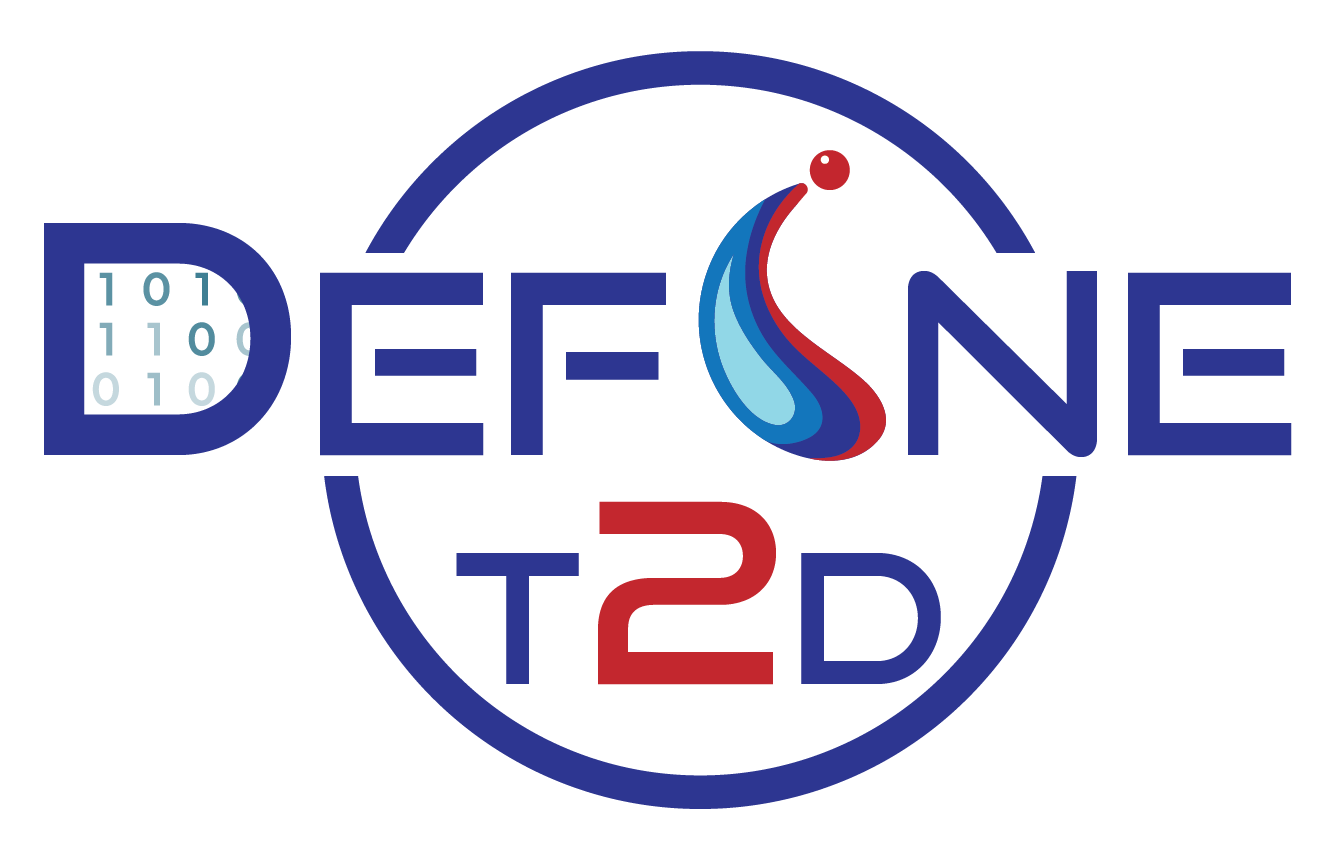
Characterizing type 2 diabetes (T2D) subtypes in the U.S. to improve prevention, diagnosis, treatment, and management
Definition, Etiology, Function: INtegration to Enhance Type 2 Diabetes treatment (DEFINE-T2D) Consortium
In 2024, the National Institute of Diabetes and Digestive and Kidney Diseases (NIDDK) funded the DEFINE-T2D consortium to better understand heterogeneity in T2D. Leveraging data on clinical, genetics, omics, environmental exposures, lifestyle behaviors, and social factors, major goals of DEFINE-T2D are to: 1) develop a broadly applicable framework for identifying subtypes of T2D; and 2) increase understanding of the physiologic drivers of T2D subtypes to guide development of more effective precision interventions
DEFINE-T2D In-Person Meeting
|
All Day
New Orleans Marriott Warehouse Arts District
859 Convention Center Blvd. New Orleans, LA 70130
859 Convention Center Blvd. New Orleans, LA 70130
Add event to:
DEFINE-T2D In-Person Meeting
|
All Day
Add event to:



